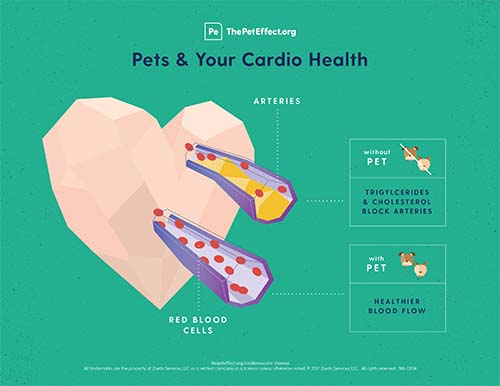Washington, D.C. (September 23, 2020) — The Human-Animal Bond Research Institute (HABRI) announced today that Regency, a leading national provider of pet aftercare services, has become an official supporter of HABRI and its research on the health benefits of companion animals.
“Regency’s mission of compassion and respect for the human-animal bond aligns very strongly with HABRI and its mission,” said Scott Buttz, Chief Operating Officer at Regency. “Animals bring unconditional love into this world, and part of honoring their lives includes investing in the human-animal bond at every stage.”
“When pet owners lose their beloved family members, their pets, Regency helps to make the process easier for all involved,” said Steven Feldman, Executive Director of HABRI. “Supporting pet owners and veterinarians at these difficult times is so important, which is why HABRI is proud to partner with Regency on research and education around this critical aspect of the human-animal bond.”
Regency works directly with pet owners and partners with veterinarians to provide nationally recognized, individualized aftercare services to clients, recognizing the loss of a pet can be one of the most difficult experiences for families. The Regency Family is recognized as “partners of choice” in their local communities for adhering to a stringent code of ethics and industry standards.
Scientific evidence increasingly shows that pets improve humans’ heart health; alleviate depression; increase well-being; support child health and educational development; and contribute to healthy aging. The benefits of the human-animal bond impact more than just human health. Findings from a HABRI survey of 2,000 pet owners demonstrate that knowledge of the scientific research supporting the health benefits of the human-animal bond motivates pet owners to take better care of their pets. Knowledge of the health benefits of pets also helps encourage pet ownership, as 81 percent of pet owners surveyed stated that they are more like to get another pet in the future if the one they have now passes away.
“A positive end of life and aftercare experience can have a significant impact on the decision to get another pet in the future, and can also help veterinarians and their staff navigate this difficult aspect of their profession,” added Feldman.
About Regency
Regency is the leading pet aftercare services provider in the United States. Serving pet families and partnering with veterinarians across the country, the Company provides continuity of compassionate care through unparalleled service, transparency, and technology. Regency has expanded rapidly into new markets, advanced total service delivery through certified industry leading operators and continues to innovate in order to provide the best services, value and care to families at their time of need. For more information about Regency, please visit www.regencyfamily.com.
About HABRI
The Human Animal Bond Research Institute (HABRI) is a not-for-profit organization that maintains the world’s largest online library of human-animal bond research and information; funds innovative research projects to scientifically document the health benefits of companion animals; and informs the public about human-animal bond research and the beneficial role of companion animals in society. For more information, please visit www.habri.org.
Contact
Jamie Baxter
jamie@theimpetusagency.com
775.322.4022
###





